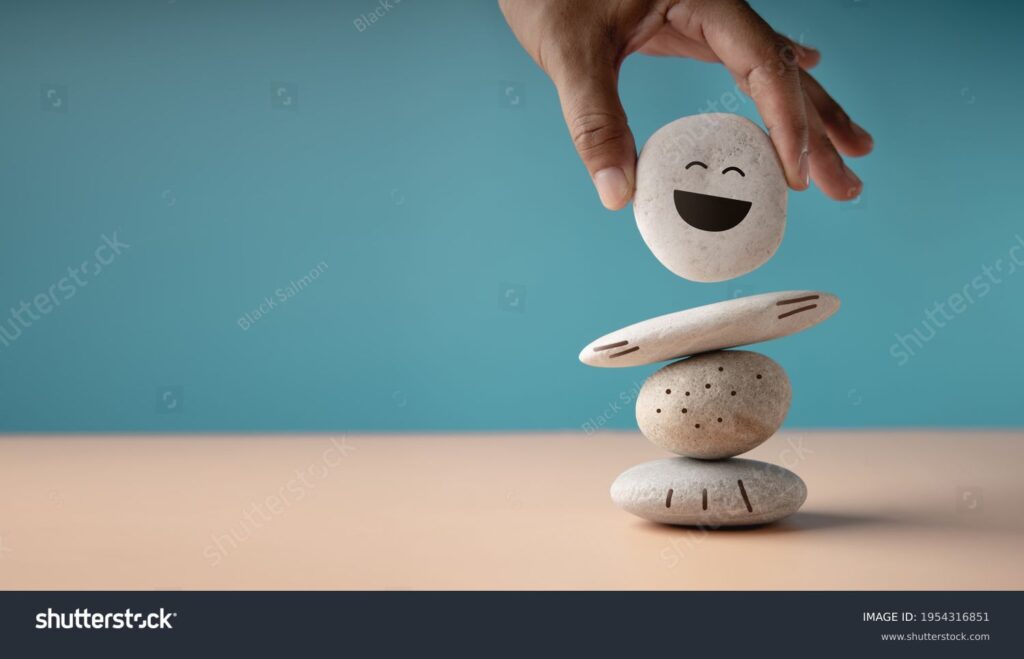Achieving and maintaining a balanced, healthy lifestyle is crucial for overall well-being. In this blog post, we explore a comprehensive approach to cultivating healthy habits that encompass physical, mental, and emotional aspects of wellness.
Nutrition and Diet
A nutritious diet forms the foundation of a healthy lifestyle. Focus on incorporating a variety of whole foods such as fruits, vegetables, lean proteins, whole grains, and healthy fats into your meals. Avoid processed foods and excessive sugar, and stay hydrated by drinking plenty of water throughout the day. Meal planning and mindful eating can help you make informed choices and maintain a balanced diet.
Physical Activity and Exercise
Regular physical activity is essential for maintaining optimal physical health and promoting longevity. Aim for at least 150 minutes of moderate-intensity aerobic activity per week, such as brisk walking, cycling, or swimming. Strength training exercises two or more days a week can help build muscle mass and improve overall strength. Find activities you enjoy to make exercise a sustainable part of your routine.
Sleep and Rest
Quality sleep is crucial for physical and mental well-being. Establish a consistent sleep schedule and create a relaxing bedtime routine to signal to your body that it’s time to wind down. Aim for 7-9 hours of sleep per night to support cognitive function, mood regulation, and overall health. Practice relaxation techniques such as deep breathing or meditation to promote restful sleep.
Stress Management and Mental Health
Chronic stress can have detrimental effects on your health. Incorporate stress-reducing activities into your daily routine, such as mindfulness meditation, yoga, or spending time in nature. Practice positive self-talk and cultivate resilience to cope with life’s challenges effectively. Seek support from friends, family, or a mental health professional if you’re experiencing persistent stress or anxiety.
Emotional Well-being and Self-care
Taking care of your emotional health is just as important as caring for your physical health. Engage in activities that bring you joy and fulfillment, whether it’s pursuing hobbies, spending time with loved ones, or practicing gratitude. Practice self-care rituals such as journaling, taking a relaxing bath, or indulging in a favorite hobby to recharge and nurture your emotional well-being.
Conclusion
By adopting these healthy habits and integrating them into your daily life, you can achieve a balanced and fulfilling lifestyle. Remember that small, consistent changes over time can lead to significant improvements in your overall health and well-being. Prioritize self-care, listen to your body’s needs, and celebrate your progress towards a healthier, happier you.
Blog 3: “Finding Joy in Minimalism: Decluttering Your Life”
Description:
Minimalism is more than just a trend; it’s a lifestyle choice that can bring clarity, focus, and joy into your life. In this blog post, we explore the principles of minimalism, the benefits of decluttering your physical and mental space, and practical tips for embracing a minimalist mindset.
Understanding Minimalism
At its core, minimalism is about simplifying your life by focusing on what truly matters to you. It’s about intentionally choosing to live with less and letting go of excess material possessions, commitments, and distractions that do not add value to your life. Minimalism encourages mindfulness, intentionality, and freedom from consumerism.
Benefits of Decluttering
Decluttering your physical space can have profound effects on your mental and emotional well-being. By reducing visual clutter and organizing your belongings, you create a calm and peaceful environment that promotes relaxation and productivity. Decluttering can also save you time and money by helping you identify what you truly need and value.
Practical Tips for Decluttering
Begin decluttering one area at a time, starting with small manageable spaces such as a drawer or closet. Sort items into categories (keep, donate/sell, discard) and be ruthless in your decision-making process. Ask yourself if each item serves a purpose or brings you joy. Consider the KonMari method of keeping only those items that “spark joy” to guide your decluttering journey.
Embracing a Minimalist Mindset
Beyond decluttering your physical space, minimalist living encourages you to simplify other aspects of your life. Evaluate your commitments, relationships, and daily habits to identify areas where you can streamline and focus on what truly matters. Practice gratitude for what you have and cultivate contentment with less.
Living Intentionally
Minimalism is not about deprivation but about living intentionally and authentically. By letting go of excess and embracing simplicity, you create space for what brings you true happiness and fulfillment. Embrace experiences over possessions, prioritize meaningful relationships, and invest in activities that align with your values and goals.
Conclusion
Embracing minimalism is a personal journey towards a more intentional and fulfilling life. By decluttering your physical and mental space, you can reduce stress, increase clarity, and discover a deeper sense of contentment. Whether you’re starting small or fully embracing a minimalist lifestyle, remember that the goal is to create a life rich in meaning and purpose. Simplify, declutter, and enjoy the freedom that comes with living with less.


